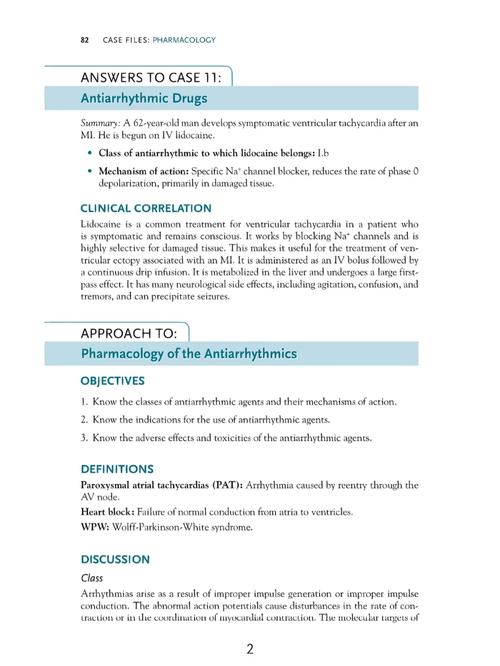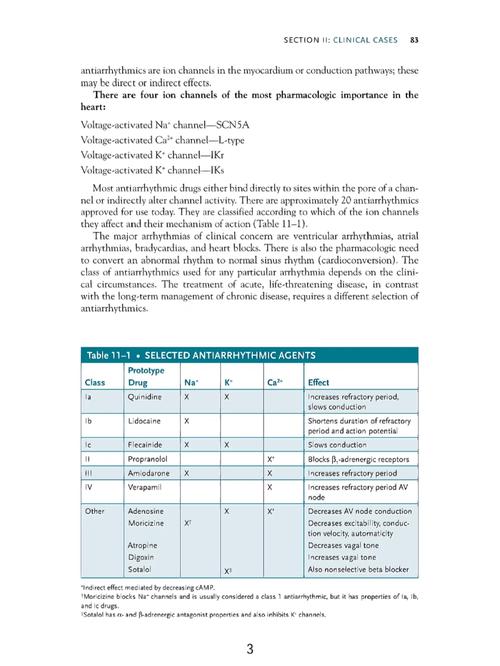
Understanding Sinus Surgery Post-Op: A Comprehensive Guide for You
Undergoing sinus surgery can be a life-changing experience, especially if you’ve been suffering from chronic sinusitis. Post-operative care is crucial to ensure a smooth recovery. In this detailed guide, we’ll walk you through the various aspects of sinus surgery post-op, helping you understand what to expect and how to take care of yourself during this period.
What to Expect After Sinus Surgery
After sinus surgery, you may experience a range of symptoms, including pain, swelling, and discharge from your nose. It’s important to be prepared for these changes and know how to manage them effectively.

Pain Management
Pain is a common symptom after sinus surgery. To alleviate discomfort, your doctor may prescribe painkillers such as acetaminophen or ibuprofen. It’s essential to follow the prescribed dosage and not exceed the recommended amount. Additionally, applying a warm compress to your face can help reduce pain and swelling.
Swelling and Discharge
Swelling and discharge from your nose are also common post-op symptoms. The discharge may be clear, yellow, or green and can last for several weeks. To manage swelling, use a saline nasal spray and gently blow your nose to remove excess mucus. Avoid blowing your nose too hard, as this can cause bleeding.

Activity Level
After sinus surgery, it’s important to rest and avoid strenuous activities for at least a few days. Gradually increase your activity level as you feel better, but avoid heavy lifting or exercise that increases your heart rate for at least two weeks.
Post-Op Care: A Step-by-Step Guide
Proper post-operative care is essential for a successful recovery. Here’s a step-by-step guide to help you manage your sinus surgery post-op:
| Day 1 | Day 2-3 | Day 4-7 | Day 8-14 | Day 15+ |
|---|---|---|---|---|
| Rest and take prescribed painkillers as needed. | Continue taking painkillers and apply warm compresses to your face. | Start gentle activities, such as walking, and use saline nasal spray. | Gradually increase your activity level, but avoid heavy lifting or exercise. | Resume normal activities, but continue to monitor your recovery. |
Follow-Up Appointments
It’s crucial to attend all follow-up appointments with your doctor. They will monitor your recovery and address any concerns you may have. During these appointments, your doctor may perform a physical examination, take X-rays, or request blood tests.
Preventing Complications
Understanding how to prevent complications can help ensure a smooth recovery. Here are some tips to keep in mind:
Keep Your Nasal Passages Clear
Using a saline nasal spray and gently blowing your nose can help keep your nasal passages clear and reduce the risk of infection.
Avoid Allergens and Irritants
Stay away from allergens and irritants that can trigger sinus symptoms, such as dust, pollen, and smoke.
Stay Hydrated
Drinking plenty of fluids can help thin mucus and make it easier to clear your nasal passages.
When to Seek Immediate Help
While most sinus surgery post-op symptoms are normal, some may indicate a complication that requires immediate attention. Seek medical help if you experience any of the following symptoms:
- Severe pain that doesn’t improve with painkillers
- High fever
- Excessive bleeding from your nose
- Difficulty breathing
- Swelling that doesn’t improve
Remember, proper care and attention to your post-operative instructions can significantly impact your recovery. By following this comprehensive guide, you’ll be well-prepared to navigate the sinus surgery post-op period and achieve a successful recovery.




